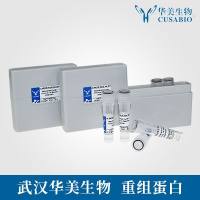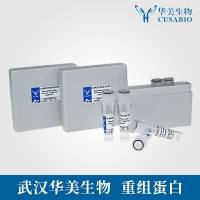Assessment of Lectin Inactivation by Heat and Digestion
互联网
513
Proteins/glycoproteins from plants, particularly lectins, are more resistant to heat denaturation than animal proteins ( 1 , 2 ). With legume seeds, whose lectin content is appreciable, this presents potentially serious problems in nutritional practice. Therefore, before they can be used safely, legume-based food/ feeds usually require thorough and expensive heat processing to inactivate antinutritive components. Indeed, dry or moist heating of seeds at 70�C for several h has little or no effect on their lectin activity (Fig. 1 ) and treatment at much higher temperatures is needed to inactivate the biological and antinutritional effects of legume lectins ( 1 , 2 ). The safety aspect is even more serious with some monocot lectins, such as wheatgerm agglutinin or a number of oilseed lectins, such as peanut agglutinin and many others because they are extremely heat stable and normal cooking or other conventional heat treatments may fail to inactivate them ( 3 ) Thus, the best way to avoid potential harmful effects of these heat-resistant lectins is to limit their dietary intake to a minimum.
Fig. 1. Loss of lectin activity during aqueous heat treatment of soybean at various temperatures









